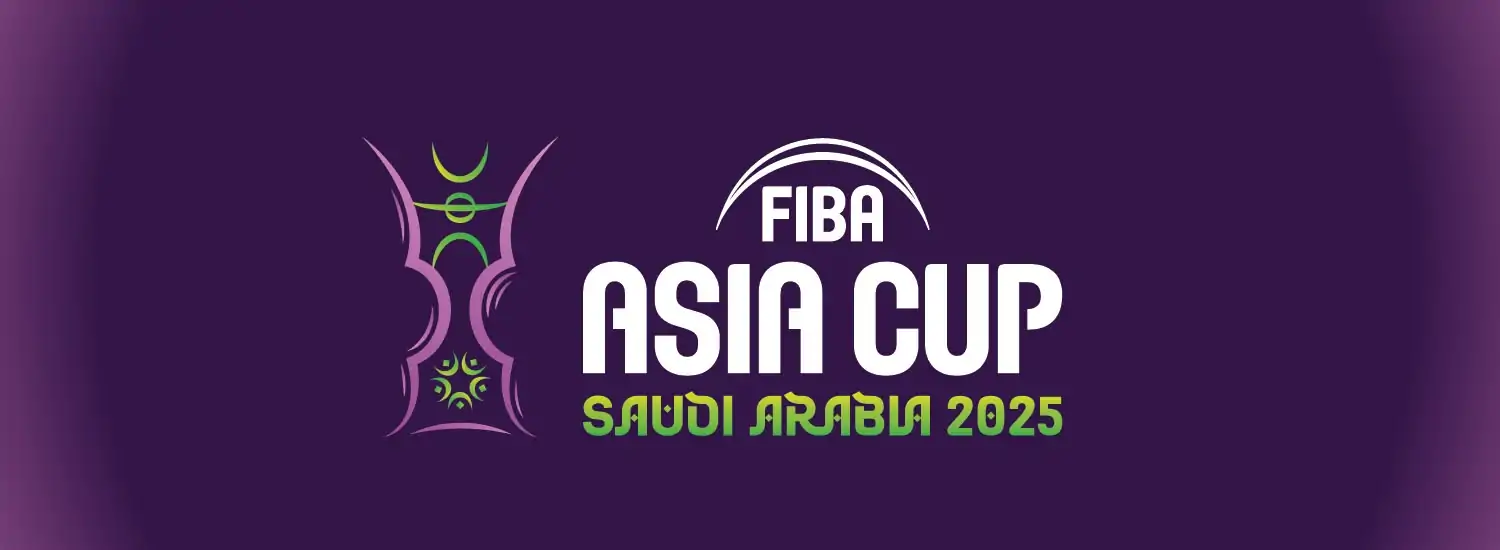What Is the FIBA Asia Cup?
The FIBA Asia Cup is the premier men’s basketball championship for national teams across Asia, and since 2017 it has also included Oceania nations. Established in 1960, it was originally a qualifying tournament for the FIBA World Cup and Olympic Games, but in 2017 it became a standalone championship held every four years. Over the decades, it has showcased Asia’s best basketball talent, with China, the Philippines, Iran, South Korea, Japan, and Australia among the dominant forces.
Since its inception, the tournament has seen participation from thirty-five nations: Palestine, Hong Kong, Malaysia, Singapore, Thailand, Philippines, Japan, Chinese Taipei, South Korea, India, Indonesia, Saudi Arabia, China, Iraq, Sri Lanka, Iran, Qatar, Kuwait, Bahrain, Jordan, Lebanon, Kazakhstan, United Arab Emirates, Syria, Australia, New Zealand, Afghanistan, Guam, and Uzbekistan. Other FIBA Asia members such as Maldives, Oman, Vietnam, and North Korea have limited or unclear tournament participation records. The addition of Australia and New Zealand in 2017 significantly raised the competition level.
How the Tournament Works
Teams qualify through FIBA Asia’s regional subzones: East Asia, Gulf, Southeast Asia, West Asia, Central Asia, and South Asia. The host country and the defending champion qualify automatically. Sixteen teams compete in the final tournament, split into four groups. Group winners advance directly to the quarterfinals, while second-place teams play knockout games for the remaining spots.
The 2025 Edition: Saudi Arabia Hosts
The 2025 FIBA Asia Cup will be held in Jeddah, Saudi Arabia, from August 5 to 17. Australia is the defending champion, having won in 2017 and 2022. The qualification process began in June 2022, and the group draw took place on April 8, 2025. Guam’s inclusion marks their first-ever appearance in the FIBA Asia Cup.
The 2025 participants are Australia, China, Chinese Taipei, Guam, India, Iran, Japan, Jordan, Lebanon, New Zealand, Philippines, Qatar, Saudi Arabia, South Korea, and Syria. Bahrain, which competed in 2022, failed to qualify after losing in the final qualification round.
Historical Champions
- China (1975, 1977, 1979, 1981, 1983, 1987, 1989, 1991, 1993, 1995, 1999, 2001, 2003, 2005, 2011, 2015)
- Philippines (1960, 1963, 1967, 1973, 1985)
- Iran (2007, 2009, 2013)
- South Korea (1969)
- Japan (1965, 1971)
- Australia (2017, 2022)
Host Nations and Locations by Year
- 1960 – Manila, Philippines
- 1963 – Taipei, Taiwan
- 1965 – Kuala Lumpur, Malaysia
- 1967 – Seoul, South Korea
- 1969 – Bangkok, Thailand
- 1971 – Tokyo, Japan
- 1973 – Manila, Philippines
- 1975 – Bangkok, Thailand
- 1977 – Kuala Lumpur, Malaysia
- 1979 – Nagoya, Japan
- 1981 – Kolkata, India
- 1983 – Hong Kong
- 1985 – Kuala Lumpur, Malaysia
- 1987 – Bangkok, Thailand
- 1989 – Beijing, China
- 1991 – Kobe, Japan
- 1993 – Jakarta, Indonesia
- 1995 – Seoul, South Korea
- 1997 – Riyadh, Saudi Arabia
- 1999 – Fukuoka, Japan
- 2001 – Shanghai, China
- 2003 – Harbin, China
- 2005 – Doha, Qatar
- 2007 – Tokushima, Japan
- 2009 – Tianjin, China
- 2011 – Wuhan, China
- 2013 – Manila, Philippines
- 2015 – Changsha, China
- 2017 – Zouk Mikael, Lebanon
- 2022 – Jakarta, Indonesia
- 2025 – Jeddah, Saudi Arabia







